Dubare Elephant Camp is a unique destination nestled amidst the verdant forests of Karnataka, India. Steeped in rich history and cultural significance, this camp has been a sanctuary for elephants for several decades. In this article, we delve into the captivating history of Dubare Elephant Camp, shedding light on its origins, evolution, and the commendable conservation efforts that have made it a renowned tourist attraction today.
The Origins of Dubare Elephant Camp
Dubare Elephant Camp traces its roots back to the era of the Wodeyar dynasty, which ruled over the Kingdom of Mysore. Established as a royal elephant training center in the early 19th century, the camp aimed to train and maintain a formidable elephant force for the royal family’s grand ceremonial processions and hunting expeditions.
Evolution into a Conservation Haven
Over time, Dubare Elephant Camp transformed from a training ground into a conservation haven. With the declining need for elephants in military activities, the focus shifted towards preserving and protecting these majestic creatures. The Karnataka Forest Department took over the management of the camp in the 1970s and reoriented its purpose towards conservation and eco-tourism.
Ethical Elephant Interactions and Ecotourism
Dubare Elephant Camp has gained recognition for its commitment to ethical elephant interactions. Visitors are offered unique opportunities to learn about these gentle giants, their behavior, and their natural habitat. Under the guidance of trained mahouts (elephant caretakers), visitors can participate in activities like bathing, feeding, and even observing elephants up close in their natural environment.
Recommended Read A Day in the Life of an Elephant Mahout at Dubare: Experiencing the Gentle Giants
Elephant Conservation Efforts
Dubare Elephant Camp plays a pivotal role in elephant conservation, focusing on research, rehabilitation, and raising awareness. The camp actively collaborates with wildlife experts, researchers, and organizations to study elephant behavior, improve conservation strategies, and contribute to the overall well-being of the elephant population.
Educational Initiatives and Community Engagement
Dubare Elephant Camp has implemented various educational initiatives to enhance visitor understanding and promote responsible tourism. The camp conducts informative sessions, workshops, and presentations, educating visitors about elephant conservation, their importance in the ecosystem, and the need for sustainable practices.
The Future of Dubare Elephant Camp
Looking ahead, Dubare Elephant Camp aims to expand its conservation efforts and develop more sustainable practices. Collaborative partnerships with local communities, NGOs, and government agencies are being forged to create a holistic approach towards elephant conservation, welfare, and habitat protection. The camp also plans to establish research facilities for in-depth studies on elephants, contributing valuable insights to the field of wildlife conservation.
Also read Exploring the Flora and Fauna of Dubare Elephant Camp: A Natural Paradise – Travel India Travel
Cultural Significance and Heritage
Dubare Elephant Camp holds immense cultural significance, deeply rooted in the traditions and folklore of Karnataka. Elephants have been an integral part of the state’s heritage, symbolizing power, strength, and prosperity. The camp preserves this cultural legacy by showcasing traditional elephant grooming rituals, performances, and rituals during festive occasions. Visitors have the opportunity to witness captivating displays of elephant dances, adorned with vibrant attire and ceremonial decorations.
The Dubare Experience: A Day at the Camp
A visit to Dubare Elephant Camp offers a memorable and immersive experience for nature enthusiasts and animal lovers alike. As you step into the camp, the serene ambiance and the sound of rustling leaves welcome you. The knowledgeable mahouts guide you through the various activities, including bathing the elephants in the glistening river waters, where you witness the bond between the mahouts and the gentle giants.
Feeding sessions provide insights into the dietary needs of elephants, while informative sessions shed light on their behavior, social structure, and conservation challenges. Walking amidst the lush greenery, you observe elephants foraging, playing, and interacting with their companions, giving you a glimpse into their natural habitat.
Must Read Dubare Elephant Camp Timings, Entry Ticket Cost, Elephant Interactions
Responsible Tourism and Sustainability
Dubare Elephant Camp prioritizes responsible tourism and sustainable practices. The camp encourages visitors to respect wildlife and their natural surroundings, minimizing their ecological footprint. Measures are in place to manage visitor numbers and ensure a controlled environment that prioritizes the well-being and welfare of the elephants. Strict guidelines are followed to maintain a safe distance, avoiding any harm or distress to the elephants.
Efforts are made to minimize waste generation, promote recycling, and conserve water and energy resources. The camp also actively engages with the local communities, providing employment opportunities and promoting eco-friendly practices. By involving the communities in the conservation efforts, Dubare Elephant Camp fosters a sense of ownership and responsibility towards the elephants and their habitat.
Recognition and Awards
The exceptional efforts of Dubare Elephant Camp have earned it recognition and accolades in the field of wildlife conservation and sustainable tourism. The camp has received certifications and awards for its commitment to ethical practices, conservation initiatives, and community engagement. These acknowledgments serve as a testament to the camp’s dedication and success in preserving the natural heritage and ensuring the well-being of the elephants.
Recommended Read River Rafting at Dubare Elephant Camp
The Dubare Elephant Camp and Local Communities
The Dubare Elephant Camp recognizes the importance of engaging with local communities to foster sustainable conservation efforts. The camp actively involves nearby communities in various aspects, including employment opportunities, cultural exchange programs, and awareness campaigns. By integrating local communities into the conservation initiatives, the camp not only empowers the residents but also creates a sense of ownership and responsibility towards the protection of elephants and their habitats. Additionally, the camp promotes the preservation of traditional practices and knowledge related to elephants, ensuring that the cultural heritage surrounding these majestic creatures continues to thrive.
Wildlife Research and Collaboration
Dubare Elephant Camp emphasizes the significance of research in understanding and conserving elephants. Collaborating with renowned wildlife experts, researchers, and institutions, the camp contributes to scientific studies, behavioral observations, and conservation strategies. By providing access to elephants in a controlled environment, researchers have the opportunity to gather crucial data, unravel mysteries about these intelligent beings, and develop effective conservation plans. The findings and insights gained from these collaborations contribute to global knowledge and understanding of elephants, aiding in their long-term preservation.
Conservation Challenges and Future Initiatives
Dubare Elephant Camp acknowledges the ongoing conservation challenges faced by elephants, such as habitat loss, human-wildlife conflict, and poaching. To address these issues, the camp is actively involved in habitat restoration, creating safe corridors for elephant movement, and implementing anti-poaching measures. Furthermore, the camp plans to expand its educational programs, reaching out to a wider audience, including schools, colleges, and local communities. These initiatives aim to create awareness, inspire empathy, and instill a sense of responsibility for the conservation of elephants among future generations.
Also read Top 6 Activities To Do At Dubare Elephant Camp
Sustainable Elephant Tourism Beyond Dubare
Dubare Elephant Camp serves as an inspiration and model for sustainable elephant tourism across the globe. The successful implementation of responsible practices, educational initiatives, and community engagement has paved the way for similar endeavors in other elephant habitats. By sharing their experiences and best practices, Dubare Elephant Camp contributes to the broader movement of promoting responsible tourism and ensuring the welfare of elephants in various destinations.
The captivating history of Dubare Elephant Camp, coupled with its commitment to ethical interactions, conservation efforts, and sustainable tourism, showcases a remarkable journey. By preserving the cultural heritage, engaging with local communities, conducting research, and facing conservation challenges head-on, the camp sets a shining example of how human efforts can protect and celebrate the magnificent elephants that grace our planet.


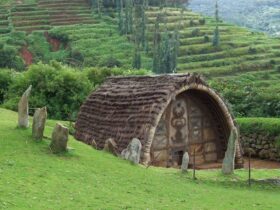


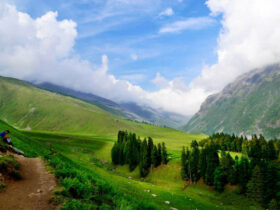
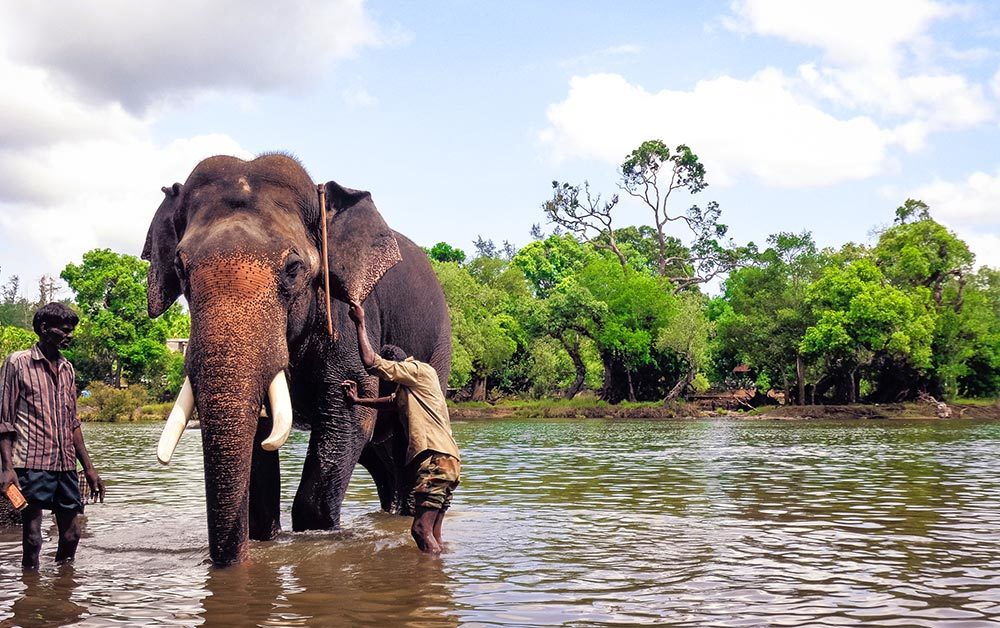
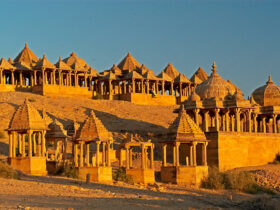

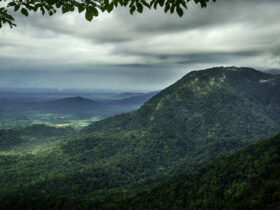
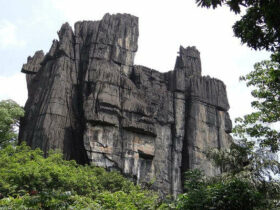

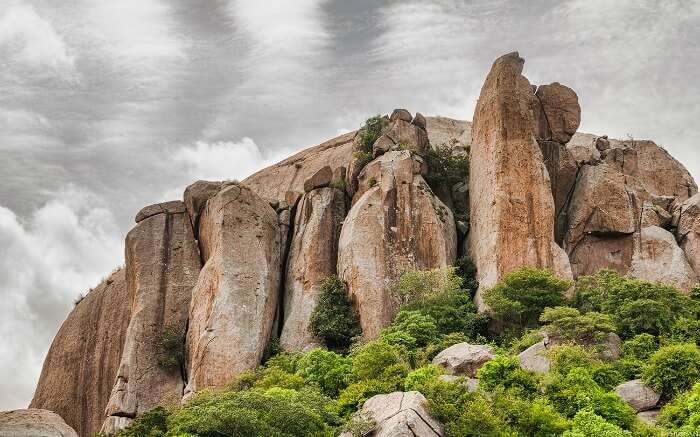
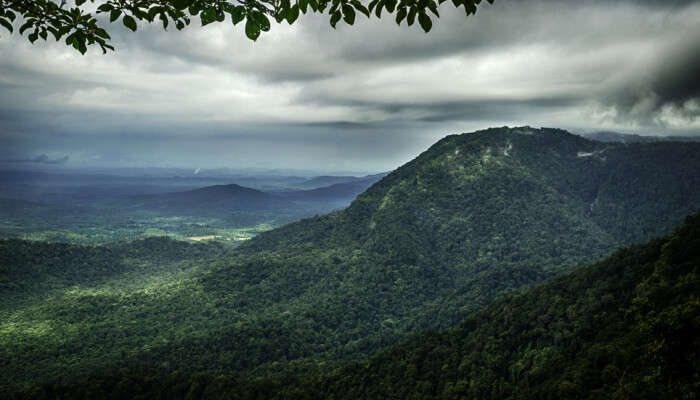
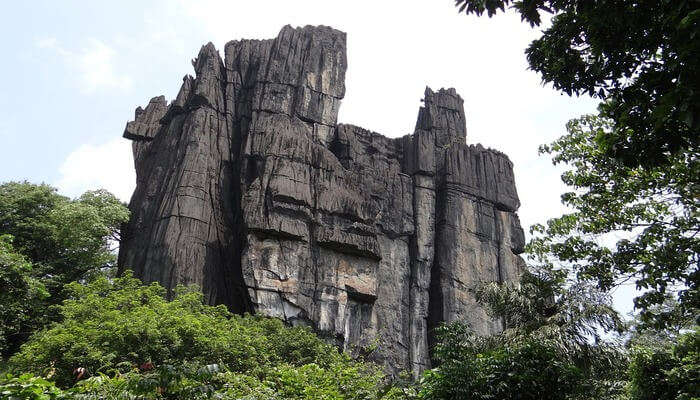
Leave a Reply
View Comments